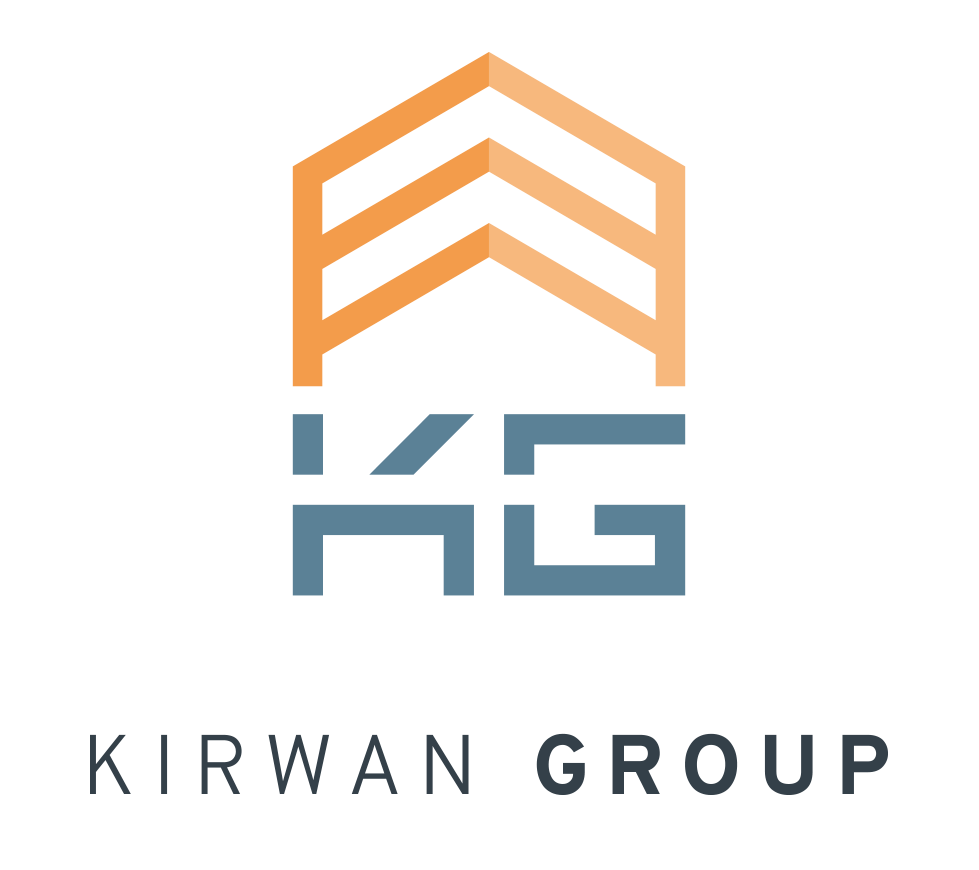Entering Melbourne’s cutthroat development scene armed with risky assumptions is akin to navigating a minefield blindfolded. In this overheated market, where slim margins can be the difference between profit and peril, missteps borne of speculation or optimism could prove fatal to project success.
With our extensive experience in running and managing Melbourne development projects, we have looked at five assumptions that developers must swerve to avoid financial hazard and emerge with reputations and bank balances intact from the Victorian capital’s turbulent property landscape.
Melbourne’s development sphere certainly isn’t for the faint-hearted. A distinct anti-development sentiment simmers amongst some communities and councils, while convoluted planning processes promise administrative headaches. Delivery costs fluctuate, project creep lurks ominously, and market factors capriciously undermine once-prudent plans.
By acknowledging these market realities, conducting rigorous due diligence and remaining grounded as you gauge project feasibility, risk can be reduced. However, veering into the domain of risky assumptions is an ever-present danger. This is where experience and intimate market knowledge are indispensable navigational tools.
Underestimating Approval and Pre-Development Costs
Securing the approvals and permits required to transform a development vision into a bricks-and-mortar reality is a resource-intensive process plagued with potential pitfalls.
In recent years, anti-development sentiment has simmered in Melbourne’s pockets, with some councils placing more onerous obligations on securing planning permission. Amidst this climate and Melbourne’s labyrinthine approval frameworks, optimism around securing timely and affordable planning permission is risky.
As an illustrative example, Darebin Council recently moved to restrict which planning objections it would consider in the approval process. Only homeowners within a 200m proximity can now trigger a more extensive review, with the rules intended to reduce ‘spam objections’ from anti-development groups blowing out assessment timeframes.
However, community advocates argue that the changes will reduce public participation and transparency while smoothing the path for developers. This case highlights the complex community and political dynamics at play while emphasising that an intimate understanding of specific council planning processes is essential.
The financial risks of breezy assumptions around planning processes are immense. Blowouts in approval timelines can paralyse progress and introduce costly delays. More exacting requirements may necessitate project redesigns and scope creep. Withholding costs accumulate as debt burdens mount, and optimistic time and cost estimates can rapidly transform projects from profitable to perilous.
Extensive legal expenses that loom large, from hiring specialists to decipher dense regulatory frameworks through to the possibility of court appeals. Loose assumptions spell danger. By leveraging our long-cultivated relationships with Melbourne’s councils and planning bodies, we can provide clients with reliable cost estimations while streamlining the approval process.
Assuming Community and Council Support
Navigating the turbulent waters of community consultation and sentiment analysis is one of the great skill tests faced by Melbourne developers. Assumptions of universal support are fanciful – the reality is that in pockets of Melbourne, there is a growing anti-development sentiment – despite record low vacancy rates and sky-high rental prices.
Amidst this passion-charged atmosphere, late-stage rejections remain an ever-present danger that can instantaneously transform a financially sound development into unviable folly. Heartfelt protestations can just as rapidly morph into vociferous lobbying of councils. Numerous instances abound of eleventh-hour objections scuppering approval processes and eradicating project feasibility.
Assumptions around community acceptance based on surrounding demographic composition or development history are fraught with risk. As an illustrative example, proposals to rename the Batman Park reserve in northern Melbourne to a traditional Indigenous name were recently unanimously endorsed by the Darebin council. This was despite the area boasting a heavier Anglo-European demographic mix that may traditionally have resisted such a change.
In reality, assumptions fail in the face of Melbourne’s dynamic community identities and ever-evolving societal norms. We believe bespoke consultation processes and proactive mitigation strategies targeted to specific community concerns offer the greatest probability of securing that all-important social licence.
Our team has devised property-specific community engagement blueprints spanning open days, information packs, interactive portals and regular progress updates. This multi-channel approach provides concerned parties avenues to digest proposals, have input, and transparently track development progress. It is intensive but necessary legwork, simultaneously building rapport with community leaders to understand key areas of apprehension.
Assumptions sink projects, whereas knowledge and communication float visions to reality. Let’s connect to tailor a community strategy providing the foundations for development success.
Not Accounting for Construction Delays and Overruns
The construction process undoubtedly represents one of the most volatile and unpredictable aspects of any development journey. Myriad factors, from material price fluctuations to failures in project planning, can derail timelines and bloat budgets.
Construction overruns specifically should be viewed as an ever-present spectre that proactive precautions and prudent contingencies can mitigate rather than eliminate. Scope creep, unexpected site conditions, skilled labour shortages and sub-contractor delays are just a sampling of risks that can torpedo projects.
As an example, cladding rectification works have only recently been completed on the majority of Melbourne CBD buildings identified as high-risk several years prior. The complex process of assessment, approvals and ultimately replacement of combustible materials has caused profound budget overruns and stalled progress for developers caught in the midst of the crisis.
Such unforeseen industry-wide events highlight why factoring contingency buffers into construction budgets is essential. In contrast, comprehensive project planning and scheduling can only partially offset overrun dangers. We mitigate risks using our extensive database spanning 30+ years of projects to feed probability-based budgetary and scheduling provisions. This prevents loose assumptions by leveraging hard data on delays and overruns.
Construction surprises can shock even the most seasoned developers. Kirwan Group ensures financial stability if the unexpected arises by instilling robust cost controls managed by our project teams, transparent communication channels across stakeholders, and advanced analytical provisions built into our planning. Get in touch today to discuss how our experience can de-risk your next ambitious development.
Overestimating Rental Growth Potential
Making bold assumptions about endless rental increases can jeopardize financial projections. However, while advocacy groups urge curbs on hikes amid rising unaffordability, Melbourne’s undersupplied rental market means uplift could continue near-term.
Median weekly rents reached record highs in late 2022, sitting at $500 for houses and $495 for units. This represents a year-on-year rise of over 10%. Frustrated tenants lodged a 120% jump in excessive rent rise challenges with Consumer Affairs Victoria.
This demand-supply imbalance suggests further growth remains likely, at least until supply can catch up. As such, when underpinning financial assumptions, both overly conservative and optimistic projections could prove problematic.
At Kirwan Group, we leverage the latest market data alongside insights from our relationships with property managers to guide realistic, evidence-based rental forecasts. This allows clients to commit to developments with confidence, buffered from negative surprises.
Get in touch to discover how our multifaceted approach informs prudent yet achievable financial modelling.
Underestimating Future Local Competition
Finally, glossing over the potential for future rival developments to emerge within a locale can undermine project success. While current supply-demand dynamics may suggest ample market opportunity, failing to anticipate new entrants can leave financial projections exposed.
As an example, scoping a hotel in a rapidly developing area with minimal current accommodation looks initially positive. However, if the land use zoning and site attributes point to significant opportunity for competitors to follow suit, longer-term viability would be questionable as intensifying competition places downward pressure on occupancy and room rates.
We take an extremely forensic approach to assessing the pipeline of potential rival projects across Melbourne’s varied property micro-markets. This includes investigating proposed developments, scanning land suitable for conversion to similar offerings, and analysing market signals and incentives driving investment decisions.
Armed with these insights, we model a range of future supply and competition scenarios as part of our due diligence. This stress testing allows clients to commit to projects, confident that changing market dynamics have been incorporated into feasibility assessments and mitigation strategies.
Steering Clear of Risky Assumptions
In the tumultuous world of Melbourne property development, assumptions can torpedo even the most promising projects. From political landscape shifts to market volatility and construction unpredictability, margins for error are slim.
By leveraging intimate market knowledge, robust analytical modelling and decades of data, Kirwan Group empowers clients to commit to developments with clarity on risks and confidence in financial projections.
Whether carefully forecasting pre-development costs, implementing tailored community engagement strategies, stress testing project economics or guiding prudent rental growth assumptions, we shine a light on hidden dangers.
The foundation always uses rigorous due diligence tailored to the locale and asset class. Committing funds based on optimism rather than evidence is a surefire path to financial hazard.
Kirwan’s multifaceted feasibility assessment methodology provides the analytical armoury to avoid assumptions and direct capital to openings backed by research. Our intimate understanding of Melbourne’s property puzzle supports informed decisions, paving the way for efficient funding allocation and asset appreciation.
By partnering with us across your development journey, risky assumptions can be eliminated, probabilities can be modelled scientifically, and success can crystallise sustainably. The time for guesswork is over – the data age demands a far-sighted vision unclouded by speculation. Let us provide the evidence-based confidence to fulfil your next ambitious Melbourne project.

